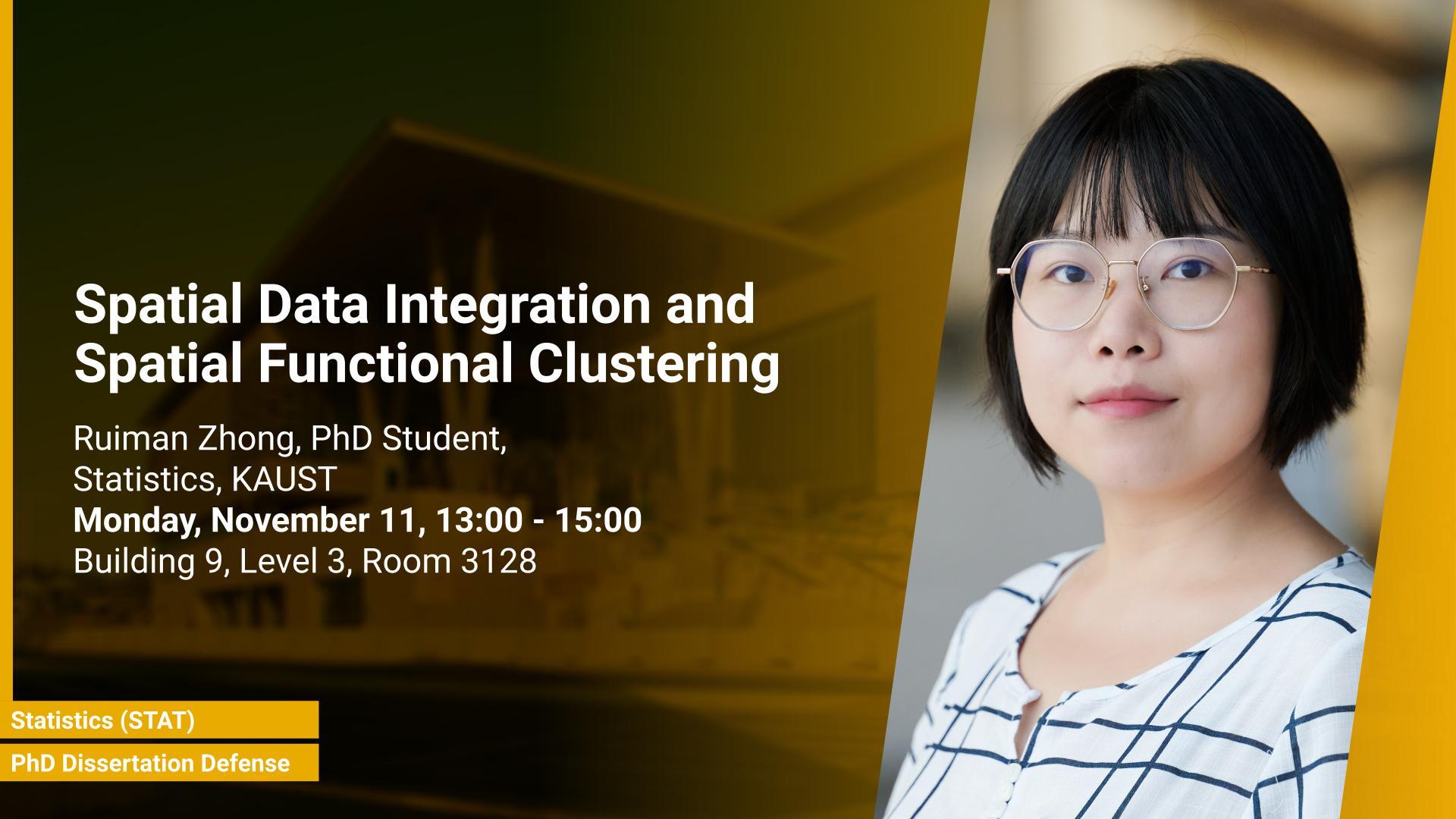Abstract
Spatial and spatial functional data analysis play a crucial role in comprehending real-world phenomena. However, their applications often require the integration of diverse data sources, accounting for potential sampling biases, and managing complex data representations, such as spatial functional data. Data heterogeneity arises from the use of varied data sources, sampling bias can distort our understanding of the underlying processes, and data complexity becomes a challenge when handling intricate data types like spatially indexed time-series or images. Our research is centered on the development of methods for spatial data integration and addressing spatial functional data. Specifically, we utilize Bayesian melding to combine point and area level geostatistical data, expanding it to dependent sampling process, so-called preferential sampling. We then introduce spatial functional clustering algorithms designed to group neighboring areas with similar functional patterns, offering practical applications like disease riskbased spatial clustering. Finally, we present our R package, sfclust, for flexible and efficient Bayesian spatial functional clustering
Brief Biography
Ruiman is a Ph.D. candidate in Statistics at the King Abdullah University of Science and Technology (KAUST), studying under the supervision of Professor Paula Moraga in her Geospatial Statistics and Health Surveillance Research Group.
Before joining KAUST, Ruiman obtained her Master's Degree in Statistics (August 2020) from Katholieke Universiteit Leuven, Belgium. Her research interests include spatial and spatial-temporal data modeling.


